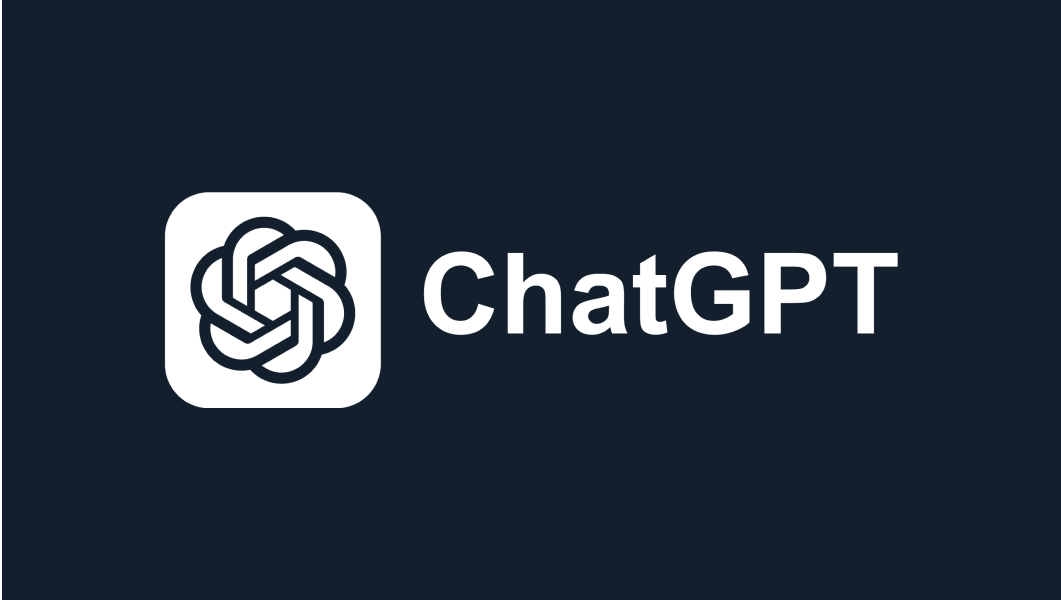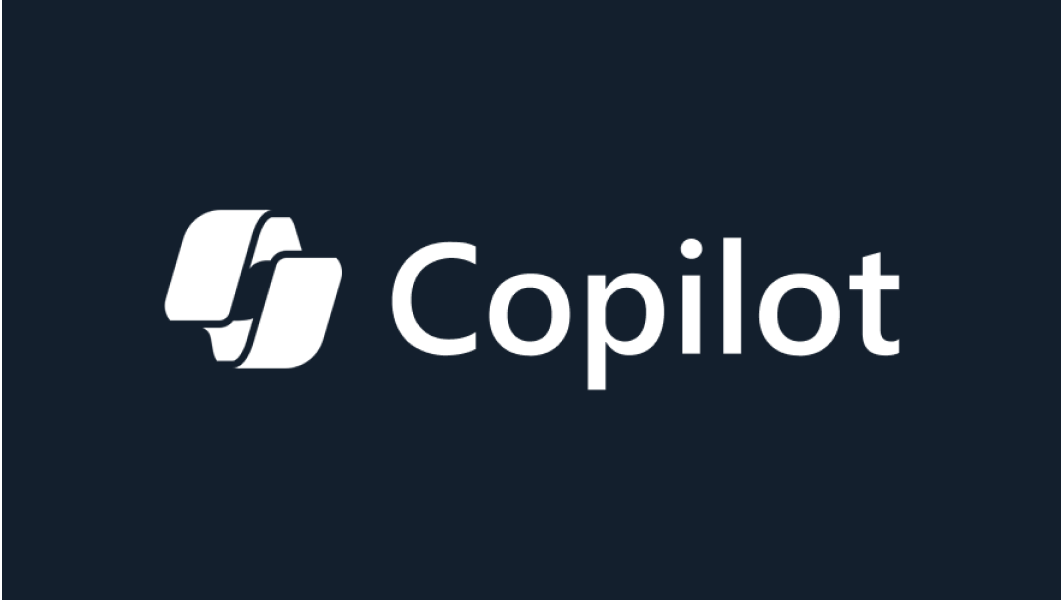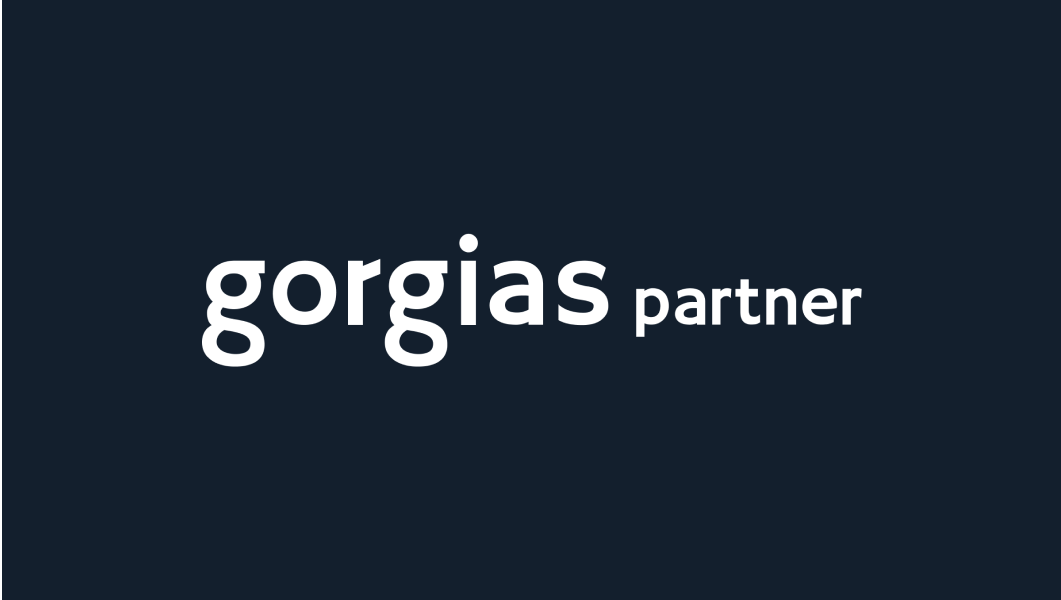with AI Agents Today
Unlock the potential of Artificial Intelligence with our AI Agents as a Service. Whether you’re looking to automate routine tasks, elevate customer experiences, or gain actionable insights, Digital Mavens can provide tailored AI Agent solutions to get you up and running fast. From ChatGPT and Microsoft Co-pilot to Claude, Gorgias, or custom AI models, we can help you to set-up your AI agents that act as experts in your business, that will integrate seamlessly into your operations, helping you save time, reduce costs, and stay ahead of your competition.
Ready to transform the way you work? Let’s create your AI Agent today.
An AI agent is a software program designed to perform tasks autonomously, such as customer support, sales outreach, and data analysis. Think of them as virtual team members, expertly trained to handle specific tasks within your business.
AI agents can be applied across a wide range of industries and business functions. Use them to manage customer inquiries through intelligent chatbots, personalise marketing campaigns with data-driven insights, streamline sales outreach, or automate routine operational tasks like scheduling and inventory management. Whether you're in retail, healthcare, finance, or any other sector, AI agents can be adapted to meet your unique business needs.
AI agents offer a host of benefits that can transform how your business operates:






These technologies empower us to build AI agents that are not only intelligent but also seamlessly integrated into your business operations. Each solution is tailored to your goals, ensuring maximum impact and a competitive edge.




- Identify your business use case/s
- Identify key stakeholders, champions, owners and advocates
- Define the key objectives and goals for the AI agent/s
- Collect the relevant business data, knowledge, workflows and FAQ
- Choose the appropriate GPT model based on complexity, volume, task requirements, platform alignment, performance requirements, privacy and data security requirements, and pricing.
- Define integration points (e.g., websites, social media, business platforms or internal knowledge systems).
- Develop a conversational flow outline to structure the agent’s interactions.
- Establish metrics for success.
- Develop clear communication plan for the business (internally and externally)
- Train the AI on business-specific data.
- Set up a tone and language style guide to ensure the AI aligns with the company or brand’s voice.
- Create fallback responses and escalation processes.
- User testing to assess accuracy, tone, and functionality.
- Gather feedback from internal teams or beta users.
- Refine conversational flows, responses, and edge-case handling.
- Integrate the AI agent with chosen platforms.
- Test integration points to ensure smooth operation.
- Deploy the AI agent in a phased approach to monitor performance.
- Train staff on how to use and monitor the AI agent effectively.
- Provide guidance on updating and maintaining the AI's knowledge base.
- Educate employees on how to interpret AI-driven insights or reports.
- Provide wider business education and communications on AI Agents and their role within the business.
- Monitor metrics like accuracy, customer satisfaction, and resolution rates.
- Regularly update the AI with new business information or customer insights.
- Fine-tune the AI Agent’s responses based on feedback and performance data.
- Schedule periodic reviews to align the AI agent with evolving business goals.
- Identify your business use case/s
- Identify key stakeholders, champions, owners and advocates
- Define the key objectives and goals for the AI agent/s
- Collect the relevant business data, knowledge, workflows and FAQ
- Choose the appropriate GPT model based on complexity, volume, task requirements, platform alignment, performance requirements, privacy and data security requirements, and pricing.
- Define integration points (e.g., websites, social media, business platforms or internal knowledge systems).
- Develop a conversational flow outline to structure the agent’s interactions.
- Establish metrics for success.
- Develop clear communication plan for the business (internally and externally)
- Train the AI on business-specific data.
- Set up a tone and language style guide to ensure the AI aligns with the company or brand’s voice.
- Create fallback responses and escalation processes.
- User testing to assess accuracy, tone, and functionality.
- Gather feedback from internal teams or beta users.
- Refine conversational flows, responses, and edge-case handling.
- Integrate the AI agent with chosen platforms.
- Test integration points to ensure smooth operation.
- Deploy the AI agent in a phased approach to monitor performance.
- Train staff on how to use and monitor the AI agent effectively.
- Provide guidance on updating and maintaining the AI's knowledge base.
- Educate employees on how to interpret AI-driven insights or reports.
- Provide wider business education and communications on AI Agents and their role within the business.
- Monitor metrics like accuracy, customer satisfaction, and resolution rates.
- Regularly update the AI with new business information or customer insights.
- Fine-tune the AI Agent’s responses based on feedback and performance data.
- Schedule periodic reviews to align the AI agent with evolving business goals.
